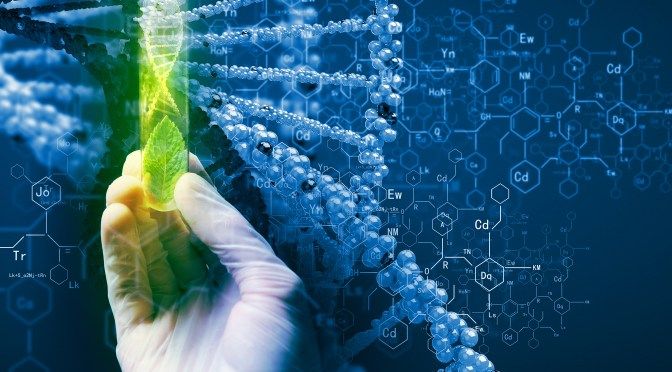Biotechnology in Dairy Wastewater Treatment
Published on by Anna Morynets in Technology
The wastewater of most food companies does not comply with the requirements of their discharge into the sewer on the concentration of contaminants, causing violations of the rules and regulations.

Dairy wastewater treatment. The technology of food preparation creates waste varying in quantity, pollution, state of aggregation, etc.
Wastewater of the food industry is considered concentrated by the level of contaminants. It contains a significant amount of organic substances.
The most contaminated is the wastewater from alcohol, meat, dairy and sugar industries. Since these enterprises are situated mainly in urban areas, some of their wastewater is dumped into central sewage system. However, urban wastewater treatment plants work inefficiently. Moreover, the wastewater of most food companies does not comply with the requirements of their discharge into the sewer on the concentration of contaminants, causing violations of the rules and regulations.
Over the years, the food industry has been trying to solve the problem of wastewater treatment in the outdated sewage treatment plants based on traditional biological treatment technology, which was used to clean domestic wastewater. But this technique is not suitable for purification of concentrated effluents.
To solve the problem of treating concentrated wastewater, the anaerobic-aerobic treatment technology was proposed.
First, this technology sharply reduces the concentration of contaminants by methane fermentation, then finally treats the wastewater in aeration tanks with aerobic fermentation.
The implementation of methane fermentation coincided with the search for new, alternative energy sources, since methane fermentation produces biogas, which could prove to be a cheap source of energy. Biogas could be produced from both liquid and solid waste of virtually all food production facilities.
Best wishes,
Ms. Anna Morynets
GlobeCore GmbH
Edewechter Landstraße 173,
Oldenburg-Eversten,
Germany,
26131
e-mail: energie@globecore.de
phone: +17134893755
Media
Taxonomy
- Food & Beverage
- Food Security
- Reclaimed Wastewater
- Industrial Wastewater Treatment
- Decentralized Wastewater
- Industrial
- Wastewater Treatment
- Wastewater Collection
- Industrial Water Reuse
- Industrial Water Managment
- Food Standards
4 Comments
-
Ms. Anna,
You are right in your perspective. Biological treatment anaerobic followed by aerobic can reduce the load to a greater extent without major cost. However as Guy McGowen has pointed out, it can't be a complete treatment to meet the discharge norms. Hence a comprehensive approach to complex waste water as in food industry should mean variety of biological - bio-chemical - physicochemical and AOP technologies need to used to confirm the discharge norms.
I have done R&D on Molasses Distillery (Alcohol) industry effluent for more than 5 years and finally we became the first to treat such heavily concentrated effluent to meet the stringent discharge norms without generating secondary pollution. AOP techniques we adopted for this mammoth work was based on electro-chemistry and we now have successfully treated complex but less concentrated effluents like that from dairy and food packaging industries etc.
None of the effluents are untreatable, if we have the right approach to treat them. Not a single approach is a complete method to treat all effluents.
Thanks and best regards,
Niraj Mithani
2 Comment replies
-
Good , can you informing me about applications cases .
Dr. Helalley
-
Kudos Niraj; Understanding basic science does not appear to be a high priority in the waste water industry. Learning THE microbial tools and how to use them cost effectively allows for 100% recycling. Nature has been the best example of a circular economy. I have an inventory of these tools. True science is all about sharing. Allow me to share this information with you. Every journey begins with a first step. But they forget to mention which direction. You are clearly on the right path. Let us connect and go from there.
-
-
?1. is the processed waste water 100% pathogen free. ?2. Is it 100% toxins free. ?3. Can it be declared potable to reuse it as such. ?4. In lieu of biogas are you aware massive amounts of electricity are produced using natural bioremediation technology.
-
yes We agree and are trying to solve the issue to treat waste water in effective way
-
Lgical solutions